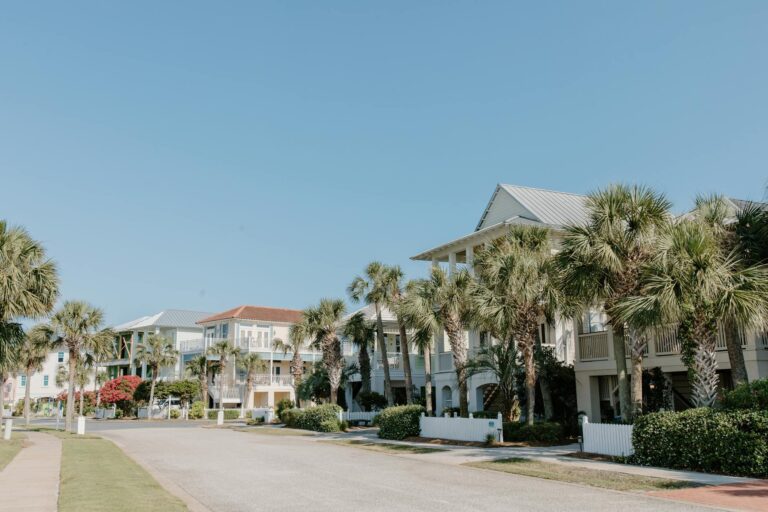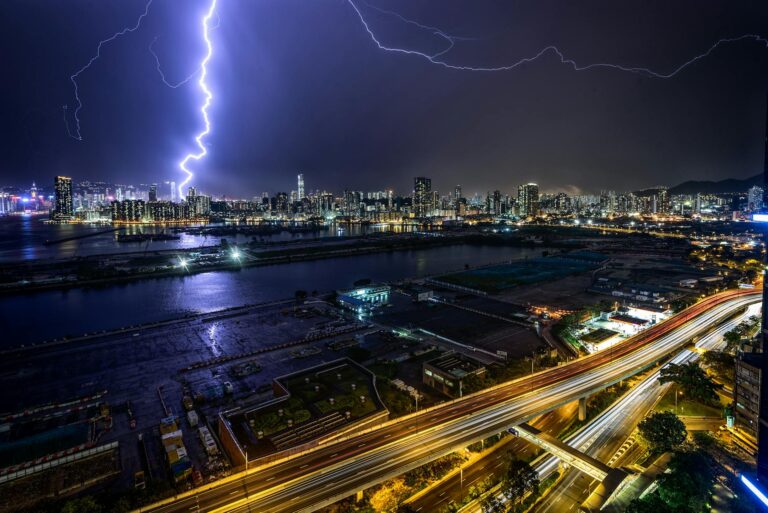When Disaster “Recovery” Pushes People Out: The Ugly Truth About Rebuilding
You know how it goes. A hurricane flattens a town, wildfires wipe out neighborhoods, and suddenly everyone’s talking about “resilience” and “building back better.” But here’s the thing no one wants to admit—most of these rebuilds aren’t for the people who actually lived there. I’ve seen it firsthand in places like Paradise, California and Panama City. The cameras leave, the money rolls in, and before you know it, the folks who survived the disaster can’t afford to stay in their own hometowns. Makes you wonder—who exactly are we rebuilding for?
How Disaster Money Makes Everything Worse (Yes, Really)
That First Wave of Cash
When FEMA and other agencies show up with billions, it feels like salvation. Roads get fixed, construction jobs pop up—it’s all good, right? Take Paradise after the Camp Fire. They rebuilt with fire-resistant materials, which sounds great. But here’s the kicker: all those safety upgrades came with price tags that pushed regular folks right out of the market.
The Gentrification Domino Effect
And then it starts. Property values jump. Taxes follow. Landlords realize they can make more selling to developers than renting to teachers and nurses. Before long, you’ve got what happened in Panama City—a local told me, “The hurricane only destroyed our houses. The rebuild destroyed our whole damn community.” That’s the brutal truth no policy paper will say so bluntly.
Paradise, California: A Case Study in Broken Promises
After the Flames
2018 was hell for Paradise. The Camp Fire killed 85 people, wiped out 90% of the town. In those first months, everyone swore they’d come back. The temporary housing, the counseling services—it all felt like the system might actually work this time.
The Math That Doesn’t Add Up
But then reality hit. New building codes meant construction costs doubled overnight. Pre-fire, you could buy a decent house for $230K. Now? Try $400K—if you can even find one. I met a retired firefighter living in an RV outside town. His words stuck with me: “I outran the flames, but I couldn’t outrun the mortgage payments.” That’s when you realize recovery isn’t about geography—it’s about money.
Panama City’s Hurricane Hangover
Michael’s Wrath
When Hurricane Michael smashed through Florida in 2018, it wasn’t just property damage—it was like someone erased whole blocks. The state rushed permits through, desperate to get the tourist dollars flowing again. On paper, it looked like success.
The Hidden Casualties
Except here’s what they don’t show in the brochures: all those shiny new condos? They’re empty half the year. Meanwhile, the people who clean those condos and serve the tourists? They’re living two counties over because rents jumped 60%. A local fisherman told me his family’s been there since the 1940s—now his kids are growing up in Alabama. “Progress,” he said, making air quotes with his calloused hands.
This Isn’t Just Bad Luck—It’s Policy
Where the System Breaks Down
Let me break it down simply: disaster funds go to whoever can move fastest. Contractors. Developers. Hotels. There’s almost nothing that says “Hey, maybe keep some houses affordable for the people already here.” In Panama City, $1.4 billion in HUD money built nicer roads but didn’t stop working families from getting priced out.
Local Governments Between a Rock and a Hard Place
And don’t get me started on small town budgets. When your tax base just got wiped out, of course you’ll approve that luxury development—even if it means changing zoning laws to push out mobile home parks. A city planner in Paradise admitted to me: “We call it ‘build back better,’ but really we’re building back richer.”
So What Actually Works?
Policy Band-Aids That Help
Some states are trying. Oregon made it illegal to jack up rents right after wildfires. A few places freeze property taxes for longtime residents. But honestly? It’s like using a teacup to bail out a sinking ship.
The Real MVPs: Community Groups
The best solutions I’ve seen come from regular people. In Paradise, volunteers built tiny homes for elderly folks who’d otherwise be homeless. Panama City locals started a land trust to keep housing affordable. It’s scrappy, underfunded—and actually works. Like one organizer told me: “We can’t wait for Washington to figure this out.”
Learning From Other Countries (Because America Clearly Isn’t)
Japan freezes rents after disasters. New Zealand made sure Christchurch’s rebuild included housing for all income levels. Meanwhile, we’re over here reinventing the wheel—badly—every single time.
The Bottom Line
Here’s the uncomfortable truth: disasters don’t level the playing field—they tilt it even more. Until we stop equating “recovery” with “making things nicer for wealthy newcomers,” we’ll keep losing the heart of these communities. The next time you see a town rebuilding after a catastrophe, ask yourself: recovery for whom?
FAQs: Your Burning Questions Answered
Why do home prices go nuts after disasters?
Three words: scarcity, speculation, and safety upgrades. Limited housing + investors swooping in + expensive new building codes = perfect storm for pricing people out.
Can communities fight back against this?
Absolutely. Rent controls help. So do community land trusts (basically taking housing off the speculative market). But it takes political will—and that’s in short supply.
What’s the deal with insurance companies?
Oh man, don’t get me started. Either they lowball claims so people can’t rebuild, or premiums skyrocket after disasters. Either way, regular folks lose.
Anywhere doing this right in the U.S.?
Greensburg, Kansas rebuilt green and affordable after a tornado. But they’re the exception that proves the rule—it takes insane community organizing to buck the system.
Source: Dow Jones – US News












